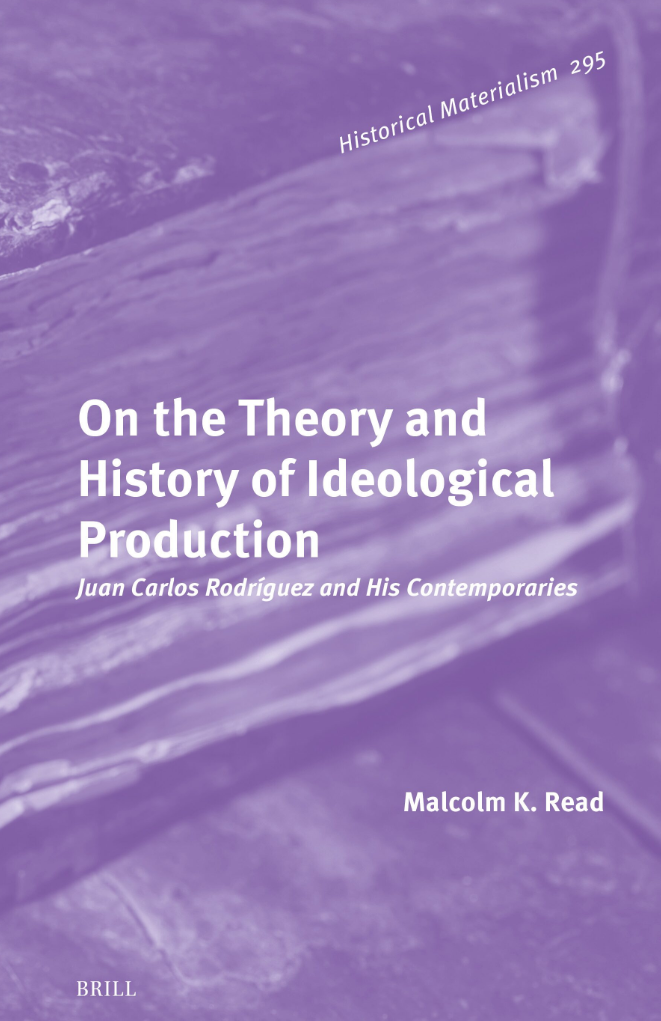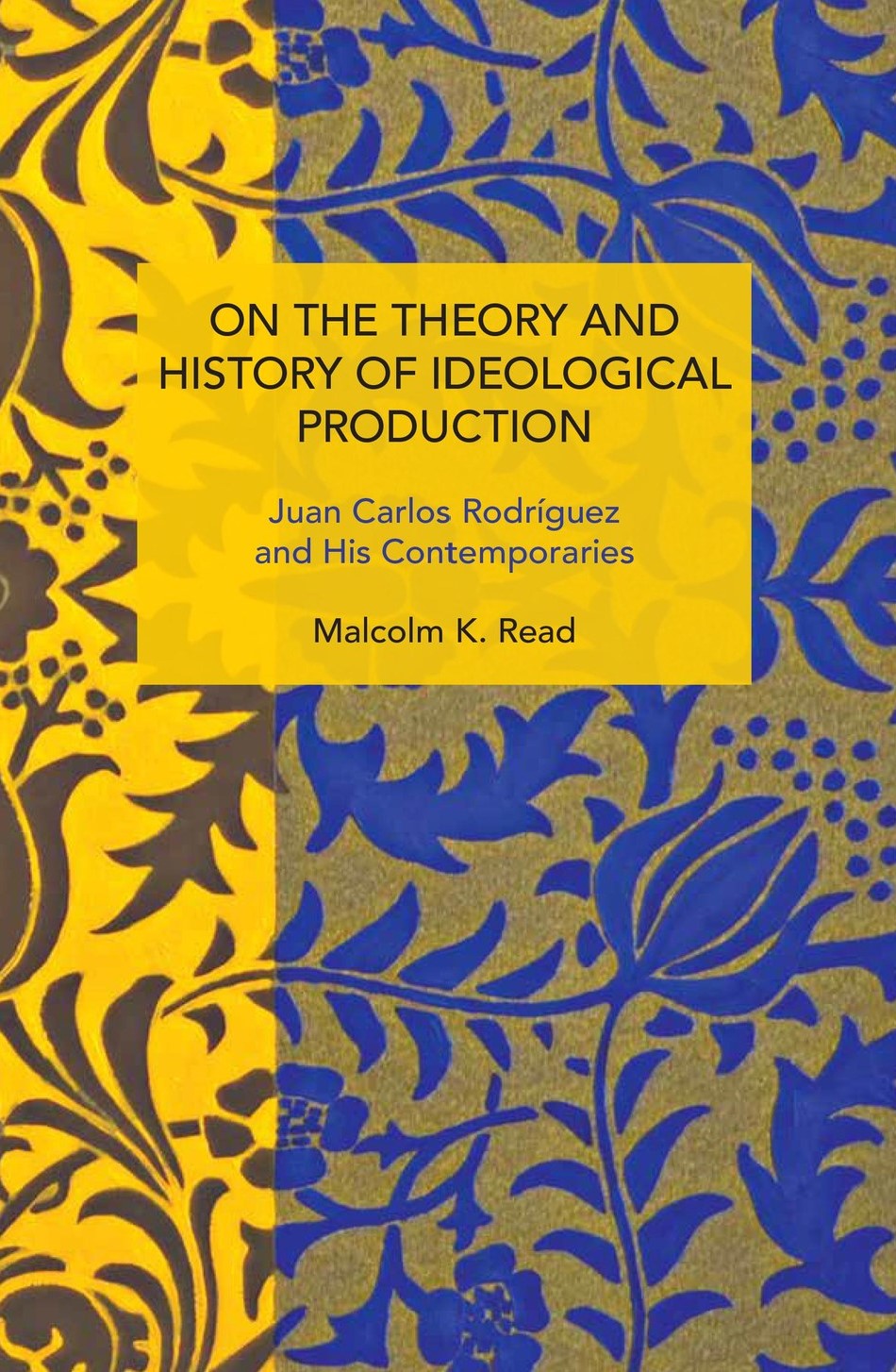Malcolm K. Read
Biographical Note
Readership
Of immediate interest for students of Marxism, specifically of the ‘structural’ variety; also of relevance for sociologists, political scientists, social philosophers, and literary theoreticians in general.
Table of Contents
Preface
Acknowledgements
Introduction
1 In the Shadow of Althusser
1 Negotiating the ‘Break’
2 The Ideological Unconscious
3 Althusser: the Unconsciousness of Ideology
4 Feudal Substantialism
5 Althusser: Ontology, Epistemology, and Methodology
6 The Libidinal Unconscious
7 Antonio Gramsci and the Case for Historicism
8 The Eye/I That Sees the Thing
9 Nicos Poulantzas: the Matrix Effect
2 On the Radical Historicity of Literature: Roy Bhaskar
1 Who Walked a Crooked Mile
2 A Hegelian Turn
3 Visions in Exile
4 History without a Subject
5 On the Radical Historicity of ‘Love’
6 Ideology as ‘Productivity’
7 The Historical Origins of the Free Subject
8 The Closet Althusserian
9 Methodology versus Epistemology
10 Critical Realism and Althusserianism
11 Conclusion
3 Ideologies of the Transition: Noam Chomsky
1 Chomsky and Huarte
2 Ideologies of the Absolutist State
3 Rodríguez and the Examination
4 The Literal Gaze
5 The Letter of the Law
6 The Subsequent History of Animism
7 Conclusion
4 Explorations of the Political/Ideological Unconscious: Fredric Jameson
1 From Marx to Althusser
2 Science and Ideology
3 Althusser Reconfigured: from Kant to Hegel
4 Theorising the Ideological Unconscious
5 The Political Unconscious
6 From Substantialist to Animist Tears
7 Postmodernism and the End of Ideology
8 The Melodrama of Tears: Jorge Isaacs’s ‘María’
9 Conclusion
5 On Continuities and Discontinuities: Terry Eagleton
1 Servants of the Lord
2 The Legacy of Catholicism
3 Radical Historicity: the Case of the Theatre
4 The Individual and Society
5 Transitional Ideologies
6 Power versus Exploitation
7 The ‘Break’ That Never Was
8 Conclusion
6 Discourse and Ideology: Michel Foucault
1 Making the ‘Break’
2 Theorising the Ideological Unconscious
3 Theorising the Discursive Unconscious
4 Mirrors and Souls
5 A Borgesian Interlude: the Chinese Encyclopaedia
6 Empowering Discursive Unconsciousness
7 Staging the State Apparatus
8 The Revenge of History
7 Educating the Educators: The Critical Realists
1 Althusserian Unconsciousness Re-Visited
2 Extracting the Concept
3 Causal Dynamics
4 Reclaiming Reality
5 Love, Money, and Marriage
6 Deprocessualising History
7 On Radical Historicity
8 British Marxism at Its Limits
9 Conclusion
8 Paradoxes and Exploitation: Slavoj Žižek
1 Towards a Philosophical Anthropology
2 The Dog That Didn’t Bark
3 Fetishism and Commodity Fetishism
4 ‘Structural Causality’ and ‘Homologies’
5 The ‘Look’ versus the ‘Gaze’
6 The Paradoxes of Democracy
7 The Private Eye: Traversing the Fantasy
8 Conclusion
9 The Rise of Podemos: Ernesto Laclau and Chantal Mouffe
1 Ernesto Laclau: Goodbye to All That
2 The State/Stage under Absolutism
3 Chantal Mouffe: Reductionism Inverted
4 The Eighteenth-Century Drama: from Public to Private
5 From the Social to the Discursive Formation
6 García Lorca: the Objectivity of the Text
7 Podemos: Life in the Media
8 Borges Revisited
Conclusion
Bibliography
Index


